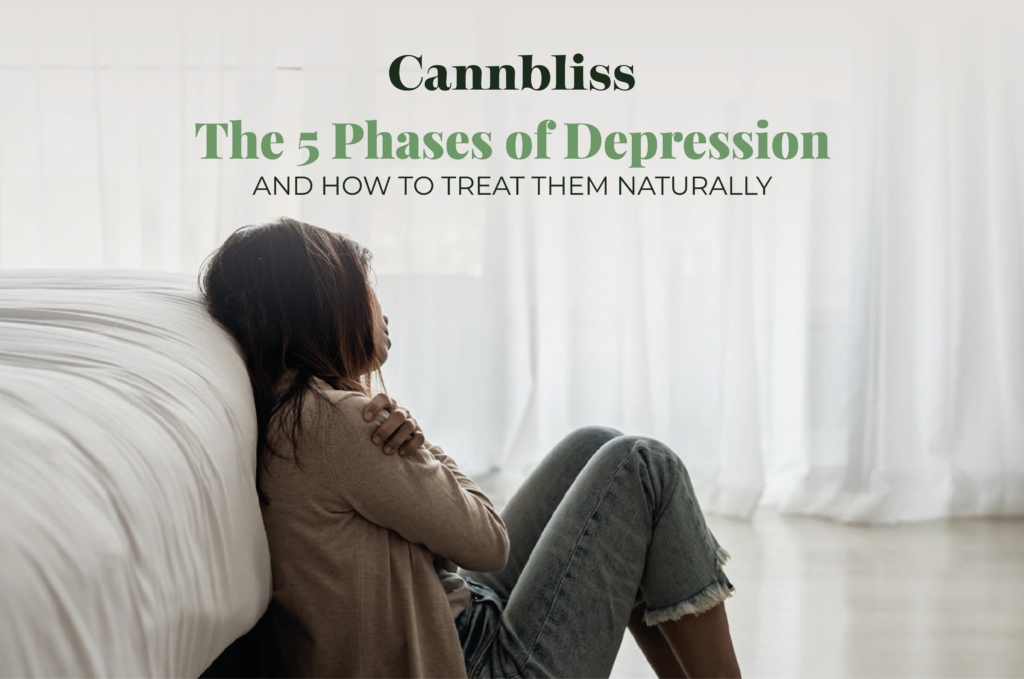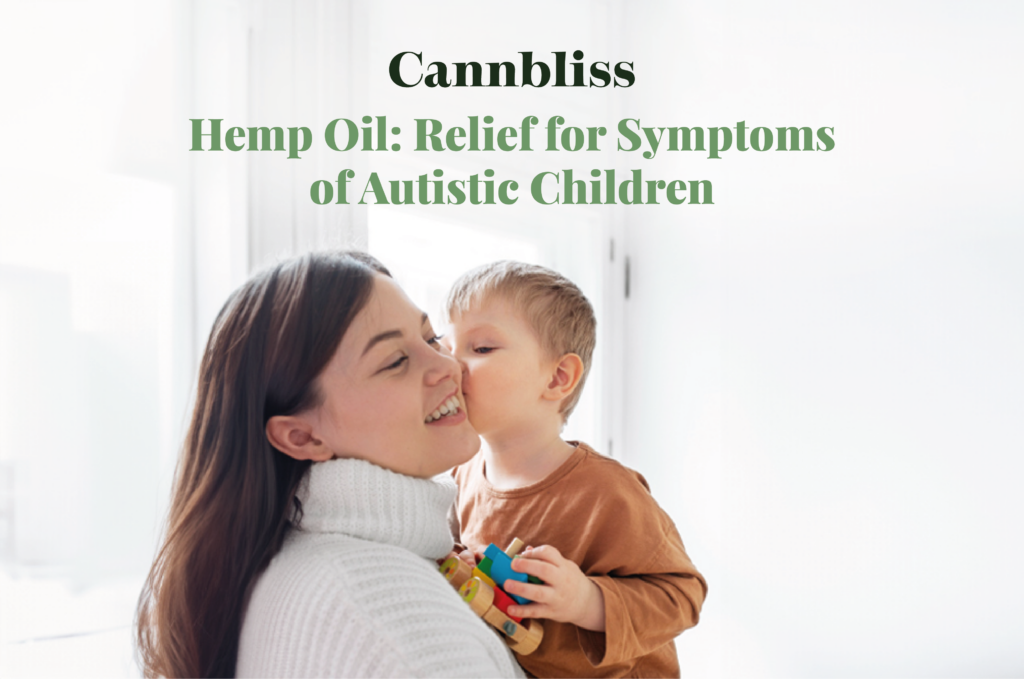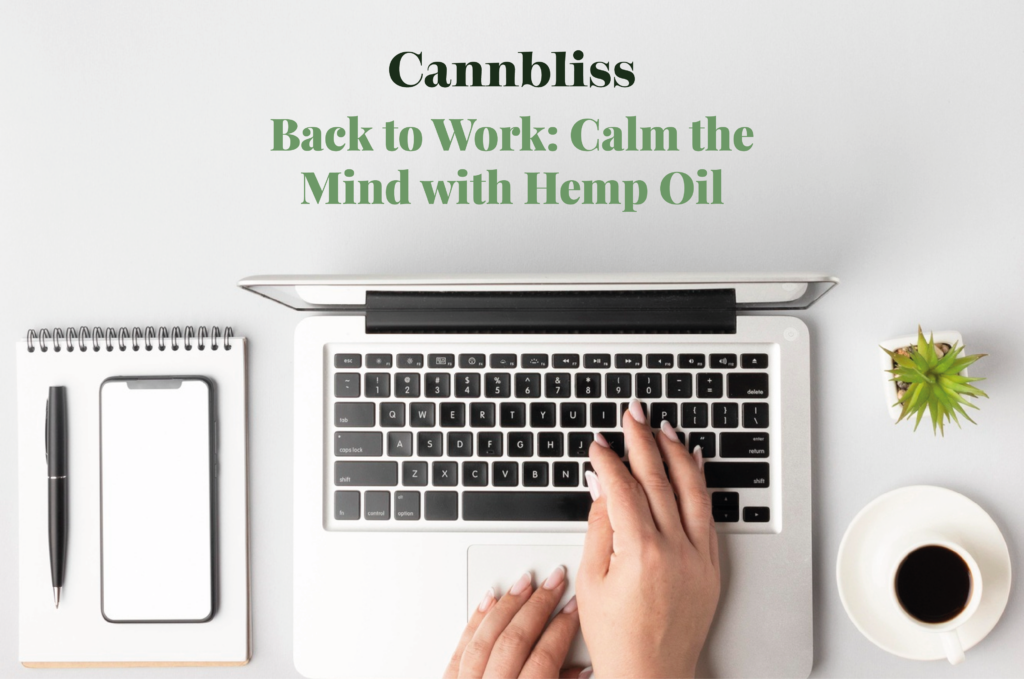Depression is a complex condition that affects millions of people around the world. Understanding what depression is, the associated symptoms, its stages and the natural ways to treat it can be crucial for those seeking a more holistic healing path.
What is depression?
Depression is a common mental disorder characterised by a persistent feeling of sadness and loss of interest in previously pleasurable activities. This condition affects mood, thoughts and behaviour and can lead to a variety of emotional and physical problems. People with depression can find it difficult to carry out normal daily activities and can sometimes feel that life is not worth living.
Symptoms of depression
The symptoms of depression vary from person to person, but generally include a combination of the following:
- Feelings of deep sadness or hopelessness: A persistent sadness, hopelessness or feeling of emptiness is one of the main signs of depression.
- Loss of interest or pleasure in activities: Activities that were once enjoyable, such as hobbies, sport or going out with friends, are no longer interesting.
- Changes in appetite and weight: Significant weight loss or gain without being on a diet can be a symptom of depression. Changes in appetite, such as overeating or not wanting to eat, are also common.
- Sleep disturbances: Insomnia, waking up too early or sleeping too much are common in people with depression.
- Fatigue or loss of energy: Feeling constantly tired and lacking energy is a common symptom. Small tasks can seem exhausting and take longer to complete.
- Feelings of worthlessness or excessive guilt: Thoughts of worthlessness, guilt or excessive self-criticism are frequent. People may focus on past failures or blame themselves for things that are not their fault.
- Difficulty concentrating: Problems concentrating, making decisions and remembering details are common. People may find it difficult to stay focused on tasks or conversations.
- Slowed movements or speech: Slower than normal movements or speech may be noticed by others.
- Thoughts of death or suicide: Frequent thoughts of death, suicidal ideas or suicide attempts are serious symptoms that require immediate attention.
- Irritability or outbursts of anger: Feeling angry, frustrated or agitated, often over small things.
Depression can range from mild to severe and its impact can be devastating if not treated properly. Recognising the symptoms of depression is the first step towards seeking help and starting on the road to recovery.
To better understand how depression manifests itself and how we can deal with it, it’s useful to know the different phases a person can go through.
The 5 phases of depression
1. Denial
Denial is often the first of the 5 phases of depression. The person may find it difficult to recognise or accept that they are suffering from depression. This state of denial may be a defence mechanism to avoid facing the painful reality of the condition. There may be a belief that feelings of sadness and hopelessness are temporary and related to tiredness or stress.
2. Anger
In the anger phase, the person may feel frustration and irritation. These feelings can be directed at oneself, others or specific situations. Anger can result in aggressive behaviour or isolation. The person may feel wronged and blame other people or circumstances for their emotional condition. This is one of the 5 phases of depression where emotion takes centre stage.
3. Negotiation
The negotiation phase involves trying to negotiate a way out of the pain. The person may create “what if…” scenarios and look for ways to reverse or avoid the situation they believe caused the depression. This phase is characterised by a feeling of guilt and a desire to make changes or promises in the hope of alleviating suffering. Negotiation is one of the 5 phases of depression that reflects a person’s internal struggle.
4. Deep depression
At this stage, the person may experience deep sadness, hopelessness and a lack of interest in previously pleasurable activities. Energy may be extremely low, and the person may feel unable to carry out daily tasks. There may be intense feelings of worthlessness and suicidal thoughts. Major depression is perhaps the most challenging of the five stages of depression.
5. Acceptance
The acceptance phase doesn’t necessarily mean that the person is “cured”, but rather that they recognise their condition and are willing to seek help and adopt coping strategies. This is a crucial step in starting the recovery process. Acceptance is the last of the 5 phases of depression, but it marks the beginning of the road to healing.
Treating depression with natural methods
Now that we understand the 5 phases of depression, let’s explore natural methods for treating this condition.

1. Self-awareness
Practising self-awareness can be a powerful tool in the fight against depression. Here are some ways to do it:
- Meditation: Set aside 10 to 15 minutes a day for mindfulness meditation. Sit comfortably, close your eyes and concentrate on your breathing. Observe the thoughts that arise without judging them and return your attention to your breathing. This regular practice can help you identify and accept your feelings, an important step in all 5 phases of depression.
- Journal writing: Dedicate 10 minutes a day to writing about your feelings and thoughts. Use guiding questions such as “How am I feeling today?” or “What’s worrying me?” to start the process. Keeping a diary can help you recognise emotional patterns and triggers throughout the 5 phases of depression.

2. Social support
Having a strong social support system can make a big difference. Here are some ways to strengthen social support:
- Conversations with friends and family: Arrange regular meetings, even if they’re virtual. Share your feelings openly and ask for support. A strong support system can help you navigate through the 5 phases of depression.
- Support groups: Take part in support groups for depression, either in person or online. These groups offer a safe space to share experiences and get encouragement. Participating in support groups can provide a sense of community and belonging, crucial in all 5 phases of depression.

3. Physical exercise
Regular physical activity is one of the most effective ways to improve mood and reduce symptoms of depression. Here are some suggestions:
- Walks in nature: Try to walk at least 30 minutes a day in green areas. Exposure to nature can significantly improve your mood. Physical activity is particularly useful for relieving symptoms during the most intense periods of the 5 phases of depression.
- Yoga: Practise yoga 3 to 4 times a week. There are many free videos online for beginners that can guide you through the postures and breathing exercises. Yoga not only improves physical health, but also promotes mental clarity and stress relief, making it an aid in the 5 phases of depression.

4. Healthy eating
A balanced and nutritious diet can have a significant impact on mental health. Here are some concrete tips:
- Omega-3: Include oily fish such as salmon, sardines and tuna in your diet at least twice a week. Alternatively, add walnuts and linseeds to your meals. Consuming omega-3 can help stabilise mood throughout the 5 phases of depression.
- Avoid refined sugars: Reduce your intake of processed foods and refined sugars. Instead, opt for fresh fruit, vegetables, whole grains and lean proteins. Maintaining a healthy diet can help balance energy levels and mood, which are essential in all 5 phases of depression.

5. Relaxation techniques
Practices such as deep breathing, guided meditation and aromatherapy can help calm the mind and reduce anger and anxiety. Here are some practical ways to implement these techniques:
- Deep breathing: Set aside 5 minutes, several times a day, to do deep breathing exercises. Inhale deeply through your nose, hold for a few seconds and exhale slowly through your mouth. Deep breathing can be especially useful during periods of anger and the deep depression of the 5 phases of depression.
- Aromatherapy: Use an essential oil diffuser with lavender or chamomile in your bedroom before bed. This can help promote relaxation and improve sleep quality. Aromatherapy can provide calming and soothing relief from the 5 phases of depression.

6. Creative expression
Engaging in creative activities, such as painting, writing, music or any other form of artistic expression, can be an effective way of dealing with depression. Here are some concrete suggestions:
- Painting or drawing: Dedicate some time each week to painting or drawing. Don’t worry about the end result; concentrate on the creative process. Artistic expression can help process complex emotions in all 5 phases of depression.
- Creative writing: Write stories, poems or diaries. Use writing as a way of expressing your deepest feelings and thoughts. Writing can be a therapeutic outlet for intense feelings in all 5 phases of depression.

7. Complementary therapies
Complementary therapies such as acupuncture, chiropractic and massage therapy can help alleviate the physical symptoms of depression and promote general well-being. Here are some ways to incorporate these therapies:
- Acupuncture: Consult a certified acupuncturist and try weekly sessions to help balance the body’s energy and relieve symptoms of depression. Acupuncture can be especially useful during periods of deep depression and acceptance of the 5 phases of depression.
- Massage therapy: Schedule regular massage therapy sessions to relieve muscle tension and promote relaxation. Massage therapy can relieve physical and emotional tension, providing relief in all 5 phases of depression.

8. Natural supplements such as hemp oil
Hemp oil, extracted from the seeds of the hemp plant, is known for its therapeutic properties. Here’s how you can use it:
- Supplement: Take hemp oil as a daily supplement. The recommended dose is usually one teaspoon a day, but consult a health professional for personalised recommendations. Hemp oil can help reduce anxiety and improve sleep, providing relief in all 5 phases of depression.
- Massages: Use hemp oil for relaxing massages. Apply the oil to tense areas of the body and massage gently to promote relaxation and relieve tension. Massages with hemp oil can help relieve physical tension, a common complaint in all 5 phases of depression.
Ready to find the road to recovery?
Depression is a serious and multifaceted condition that requires a comprehensive approach to treatment. Understanding the 5 phases of depression and adopting natural methods to treat it can be an effective way to promote healing and well-being. If you’re struggling with depression, consider incorporating these natural techniques into your routine.
Depression can be a long and difficult journey, but with the right tools, you can find relief and well-being. Be aware of the signs in your body and mind and don’t hesitate to seek help when necessary. If you suffer from depression, or know someone who does, we strongly recommend that you seek the advice of a qualified health professional. The information contained here is not a substitute for professional counselling, diagnosis or treatment.
Don’t let depression control your life. Discover the power of hemp oil, carefully extracted and formulated to offer all the therapeutic benefits needed to promote mental and physical well-being. Try Cannbliss hemp oil and take an important step towards recovery and emotional balance.











